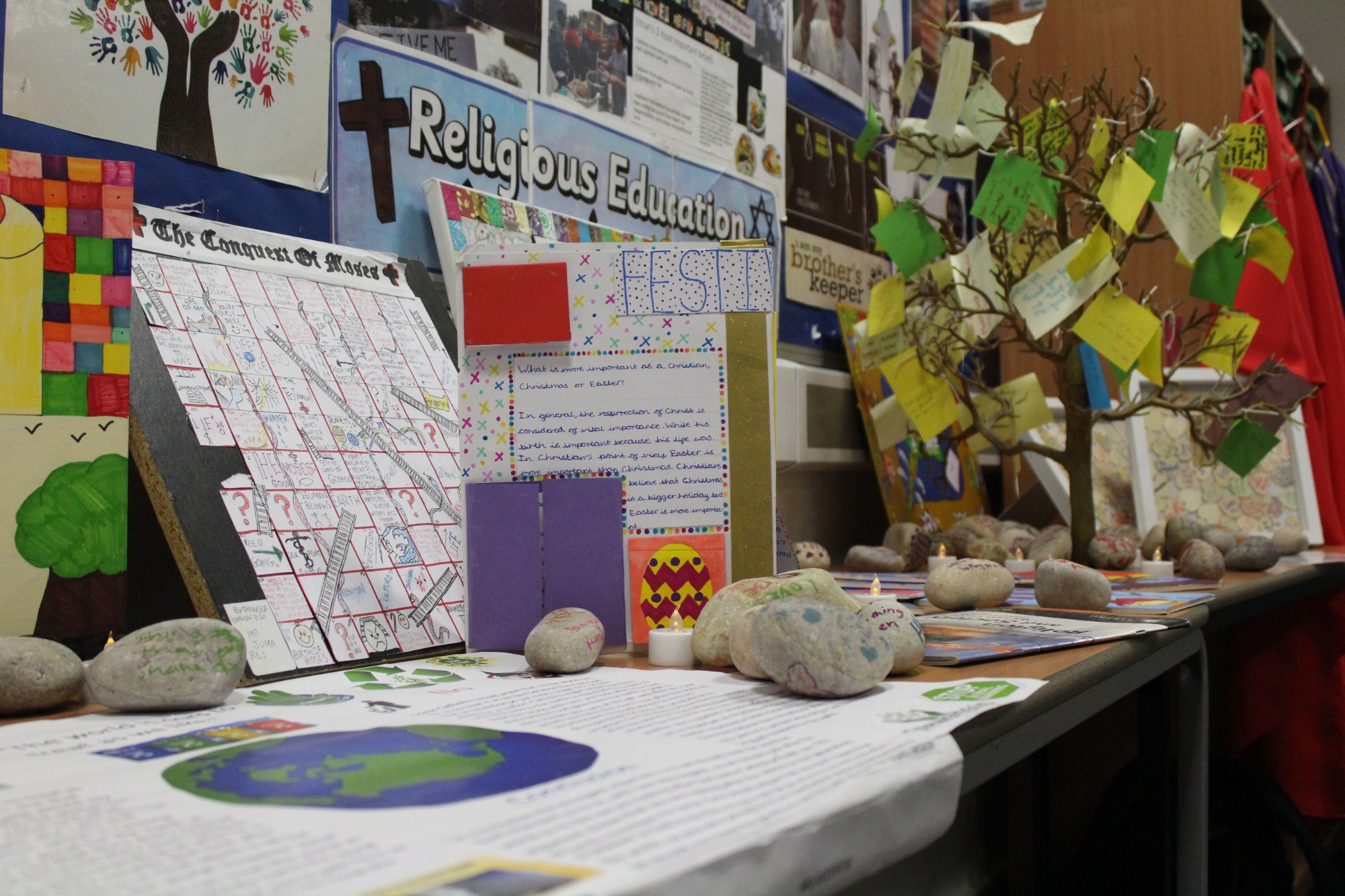History
Curriculum Intent
Understanding of the past is essential to understanding the world we live in. The History curriculum at St John’s aims to give students experience of a wide range of historical topics concepts and experiences. We aim for them to experience the past both in and out of the classroom, providing every student with opportunities to visit new places to learn from their historic and cultural value. The department has a shared passion for enriching student’s experience of the subject though a varied range of activities outside of the classroom.
At Key stage three we aim to prepare students who wish to continue their study of the subject at GCSE level, whilst simultaneously providing the opportunity to develop a range of transferable skills. We also aim to promote the relevance of the subject by collaborating with other departments within the school on cross-curricular projects.
History is an extremely popular subject in Key Stage 4. It is offered as both an Ebacc and an options subject. We aim to create learners who will have the self-confidence and motivation to continue their study of the subject at KS5. There is also a focus on developing skills which can be used in a wide range of potential careers. Our choice of GCSE specification, and options within it, to deepen understanding of the world we live in today.
It is in Key Stage 5 where our historians are made. During their A-level studies they are empowered to become increasingly effective independent learners. The requirements of the A-level course provide our students with an insight into undergraduate expectations. The coursework component of the course provides opportunity to research an area of special interest and the opportunity to discuss serious historical debates in a tutorial format.

